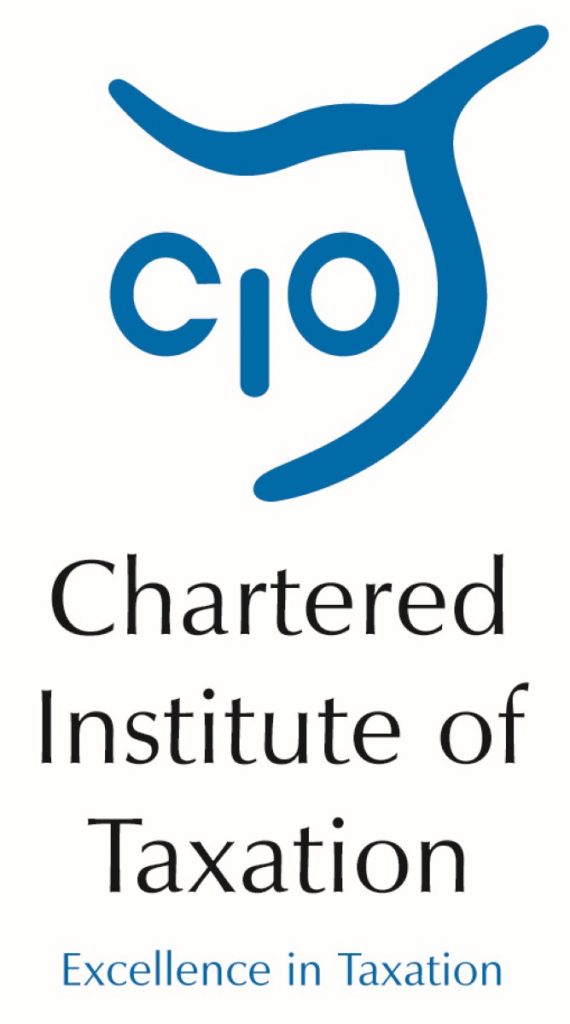The Chartered Institute of Taxation (CIOT) is reminding landlords of residential properties that the first phase of the restriction of tax relief they get for mortgage interest to the basic rate of income tax, begins in April.
The change means that finance costs such as mortgage interest will no longer be able to be deducted in full to work out taxable property profits. All individual residential landlords with finance costs will be affected.
The restriction works by disallowing finance costs in calculating the taxable rental profit, and then introducing a tax credit equal to 20 per cent of the disallowed costs.1
Brian Slater, Chair of CIOT’s Property Taxes Sub-Committee, said:
“This is one of the most significant changes to the buy-to-let market in decades and will particularly affect heavily geared buy-to-let landlords. However, it is sensible for landlords to be cautious about making any knee-jerk moves in response to the changes.
“A decision to sell properties may be tempting for those that are highly geared, meaning they are carrying a lot of debt from perhaps buying many properties or a couple of expensive ones and can no longer benefit from the relief.
“Helpfully the change is being phased in over four tax years, so that the full effect of the restriction will not be felt until tax year 2020/21. This will give landlords extra time to consider their options.
“Taxpayers may have to decide whether to continue in buy-to-lets with reduced profits or simply sell their properties, which may impact on the number of houses and flats available to buy. Or such people could move into commercial property renting, but they will find that to be a more specialised field.
“The restrictions apply to individual landlords and not to companies, which will continue to receive relief for mortgage interest and other finance costs in the usual way. This means that the change may impact on the look of the rental landscape in the future if many individual landlords choose to incorporate and become companies, although this is not without difficulty and incorporation itself can involve tax charges; these may be stamp duty land tax on the market value of properties and possible capital gains tax on properties transferred into a company.”
Notes for editors
1. The restriction to finance cost relief for individual landlords is being phased in over four years. This means that in 2017, 75 per cent of interest will still receive the old full relief and 25 per cent be restricted to 20 per cent relief. In 2018, it will be 50/50 and then from 2020 all interest will be restricted to 20 per cent relief.
Further information on the change is available on Gov.uk here.
Example: say a man called John Smith is confident that, with total income on his tax return of £43,000 for 2016/17, he is not a higher rate taxpayer and will not be troubled by the new rules. However, he is not aware yet that, to determine whether he is, in fact, a higher rate taxpayer, he must first add back the mortgage interest deducted from his rental profit. This gives an ‘income’ of £68,000. By 2020/21, John will have an additional £5,000 tax to pay each year because of the mortgage interest restriction, but will at least have a basic rate credit of the other £5,000 of the £25,000 interest at 20 per cent.
2. The Chartered Institute of Taxation (CIOT)
The CIOT is the leading professional body in the United Kingdom concerned solely with taxation. The CIOT is an educational charity, promoting education and study of the administration and practice of taxation. One of our key aims is to work for a better, more efficient, tax system for all affected by it – taxpayers, their advisers and the authorities. The CIOT’s work covers all aspects of taxation, including direct and indirect taxes and duties. Through our Low Incomes Tax Reform Group (LITRG), the CIOT has a particular focus on improving the tax system, including tax credits and benefits, for the unrepresented taxpayer.
The CIOT draws on our members’ experience in private practice, commerce and industry, government and academia to improve tax administration and propose and explain how tax policy objectives can most effectively be achieved. We also link to, and draw on, similar leading professional tax bodies in other countries. The CIOT’s comments and recommendations on tax issues are made in line with our charitable objectives: we are politically neutral in our work.
The CIOT’s 18,000 members have the practising title of ‘Chartered Tax Adviser’ and the designatory letters ‘CTA’, to represent the leading tax qualification.
Contact: Hamant Verma, External Relations Officer, 0207 340 2702 HVerma@ciot.org.uk (Out of hours contact: George Crozier, 07740 477 374)





-01.png)